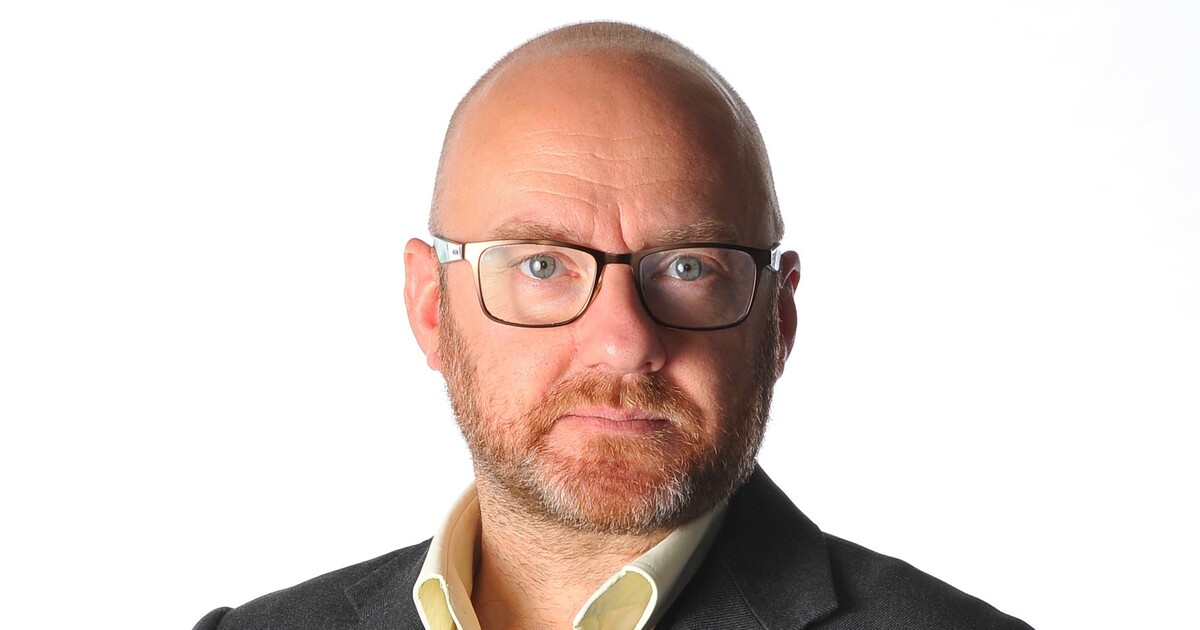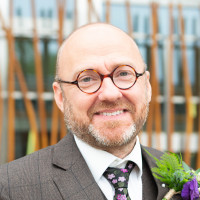Scotland seems unwilling or unable to come to terms to come to terms with its history

As if the Covid19 pandemic itself was not enough to deal with, the world is watching the horrifying events in the United States, where systematic police brutality is being endorsed and encouraged by racism at the highest political level.
Scottish Greens stand in solidarity with those who are taking to the streets in the US and around the world to express their anger and to make it clear that Black Lives Matter.
But expressing that solidarity doesn’t just mean looking at other countries, it means challenging ourselves. Scotland’s history of slavery, colonialism and racism is brutal, and it often seems we are unable or unwilling to come to terms with it.
Walking around Glasgow city centre it is impossible to escape the signs of Scotland’s cruel involvement in the slave trade, yet sometimes it seems this history is hidden in plain sight.
Glasgow’s streets are laden with the names of men who enriched themselves by trading in human lives; Buchanan Street, Ingram Street, Glassford Street, Dunlop Street and many more bear the name of people who profited from brutal oppression, but who we now gently refer to as “merchants”.
The idea of members of the Green Brigade to replace some of these streets with alternatives at the weekend was a creative response to a problem we mostly just don’t talk about.
Whether it’s street names, or the fabric of the city like the Gallery of Modern Art, or the absence of any museum or memorial to slavery, even in the area we call “Merchant City”, we have a strange relationship with our own history.
In Liverpool the International Slavery Museum contextualises the city’s past relationship with slavery, it seems to me that a similar enterprise in Glasgow is needed to help us come to terms with our own history.
In acknowledging Glasgow and Scotland’s involvement in slavery and taking steps to remove tributes afforded to slavers from our public realm we can begin to tackle Scotland’s deep rooted racism.
But one only has to look at the treatment of those seeking asylum in our country today, or the five year wait for justice of the family of Sheku Bayoh, a black man killed in police custody, to see that we have a long way to travel on that journey.
On Sunday thousands gathered (safely distanced) on Glasgow Green to make it clear that black lives matter. We all have a responsibility to turn that phrase into reality.
